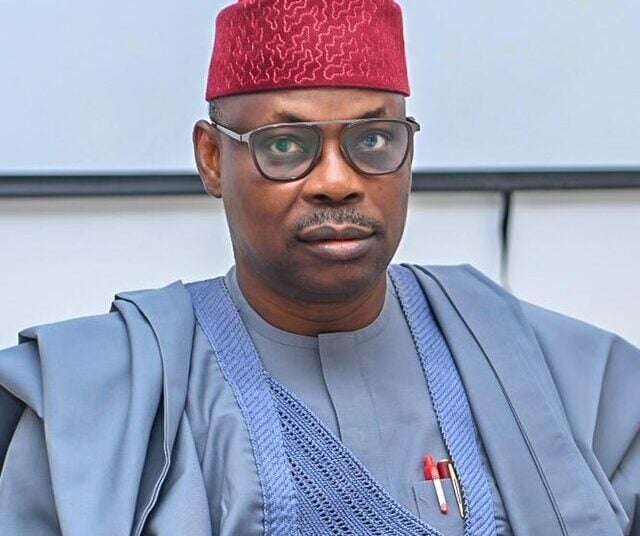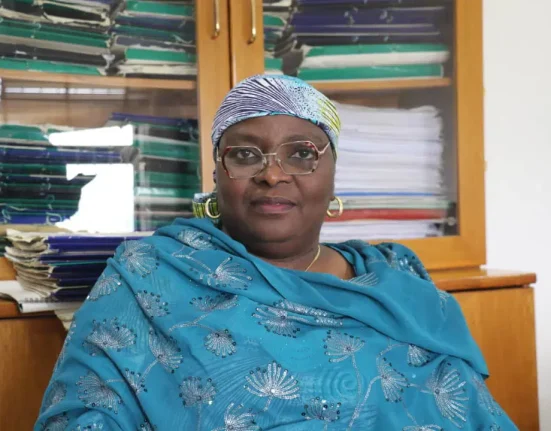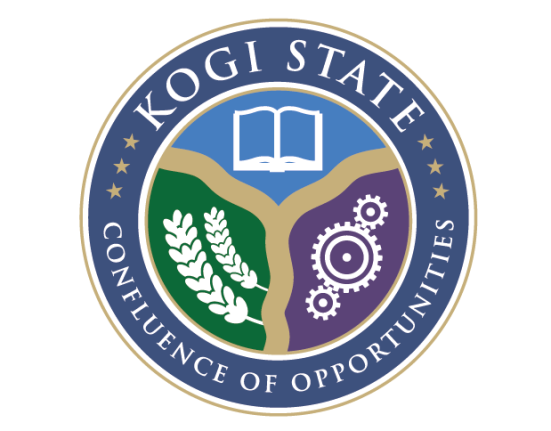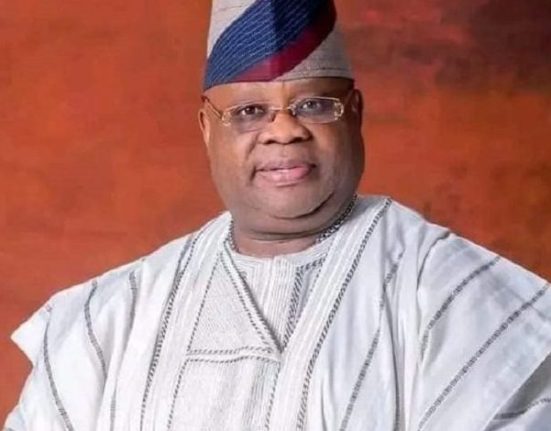In a bold move aimed at strengthening access to affordable healthcare and reducing the financial burden on Nigerian households, the Federal Government has announced its target to enrol at least 44 million citizens into the national health insurance scheme by the year 2030.
The plan, unveiled through the National Health Insurance Authority (NHIA), is part of a broader effort to significantly reduce out-of-pocket healthcare expenses, which currently account for over 70 percent of total health expenditure in Nigeria—a figure far above the World Health Organization (WHO) recommended benchmark of 20 percent.
According to NHIA Director-General, Dr. Kelechi Ohiri, the federal government is accelerating strategies to deepen health coverage across both urban and rural populations. He explained that through the agency’s renewed mandate and revised legal framework, the focus is now on achieving Universal Health Coverage (UHC), ensuring that more Nigerians, especially those in the informal sector and vulnerable groups, can access quality health services without suffering financial hardship.
This renewed commitment is backed by the NHIA Act signed in 2022, which made health insurance mandatory for all Nigerians and legal residents. The Act also empowered the Authority to mobilise funds, enforce compliance, and drive partnerships with state health insurance schemes and private-sector players.
Currently, less than 10 million Nigerians are covered under any form of health insurance, a figure considered dangerously low for a country of over 220 million people. The implication is that millions still rely on direct payments when accessing healthcare, often leading to catastrophic spending and, in many cases, financial ruin for low-income families.
The federal government’s 2030 target is aligned with global Sustainable Development Goals (SDGs), particularly Goal 3, which seeks to “ensure healthy lives and promote well-being for all at all ages.” Achieving 44 million enrollees would represent a significant leap toward this ambition and would ease the economic strain on households, reduce health inequalities, and improve public health outcomes nationwide.
To meet this target, the NHIA says it is ramping up community engagement, technology-driven enrolment platforms, and partnerships with local governments, civil society organisations, and traditional institutions to build public trust and awareness. There are also ongoing efforts to digitise service delivery, track enrollee satisfaction, and ensure that service providers are held accountable for quality and efficiency.
Health experts have praised the target as both ambitious and necessary.
However, they caution that the goal can only be achieved if there is strong political will, sustained funding, and transparency in implementation. They also stress the importance of subsidising premiums for vulnerable populations, including the elderly, children under five, and persons living with disabilities.
In a country where healthcare financing has historically been underfunded, the push toward a more inclusive insurance-based model may mark a turning point. If successful, it could drastically reshape Nigeria’s health landscape, reduce poverty induced by medical costs, and bring the country closer to equitable healthcare for all.
As 2030 approaches, the spotlight will remain on how efficiently the government can bridge the gap between policy and practice—ensuring that millions of Nigerians no longer have to choose between their health and their livelihood.







